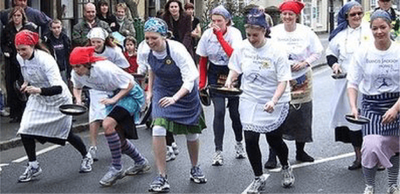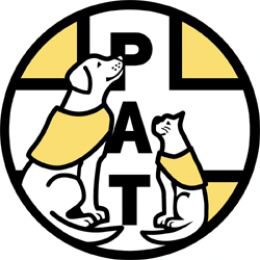|
Your dog is a part of your home and needs to be able to fit in and have a place in the pecking order. Although you should not pander to an animal it deserves love and care from you. No-one forced you to take a pet into your home and so, as a responsible owner, you owe your dog, your family and your neighbourhood a well-adjusted, happy and healthy dog. If you can calm a nervous dog down it will be much easier for you all to live together and be much healthier for the pet. Make sure that your dog has a quiet corner for his or her bed so that when the going gets tough and noisy around the home the dog can find its own peaceful place. After all, everyone needs their own quiet time and animals are no different from people in this respect. Nervous dogs Some dogs are nervous and highly strung, no matter how hard you try and calm them down. This can partly be because some breeds are more excitable on the whole, or just because it is the dog's nature. However, some breeds will nearly always be calm and reliable. Of course there are dogs that will only get nervous in certain situations. We all know people who are always calm and others who are constant nervous wrecks. Similarly some people are frightened of the dark or thunder and it is only these things which make them nervous. Finally, surroundings and the animal’s upbringing can affect dogs and make for a nervous disposition. If a dog has been mistreated and perhaps had some stressful puppy years the damage may have been done then. Never forget that dogs, like children, pick up on a person’s mood and outlook and tend to follow the leader. So how can a nervous dog’s owner help ease the situation and improve the quality of life for all concerned? Socialising Obviously if you have a dog from a very young age you will be able to train it well. Dogs need to socialise and be around plenty of other animals, people and different situations in order to cope well with life. If a dog has never seen a vacuum cleaner in operation before, it may be terrified when you get this monstrosity out of the cupboard and begin cleaning. Try to make sure that your pet is around normal everyday objects and gets used to them from a young age. Socialising is important for your dog and this means with people outside of the family unit as well as other dogs. The more a dog socialises the less nervous it will be. Confronting fears Having said that our elderly bitch had the jitters when we changed from an old cylinder vac to a new Dyson vacuum cleaner. It was noisier than our old one and a little bulky but she got used to it in time. Ignoring her behaviour and just getting on with the cleaning helped. Often the attention you give a dog when you shout at them, or maybe put them outside whilst you use what scares them, will just compound the problem. Like people they need to confront their fears but in a slow and gentle way. Sedation A dog may appear fearless with just about everything but be terrified of thunder or fireworks. November 5th, bonfire night in England, can be a nightmare for the pet. A vet will supply a tranquiliser if necessary for such occasions including New Year’s Eve which these days in the UK is like bonfire night. Too much stress will damage a dog's health and a tranquiliser may be the kindest option in the short term. A veterinarian may suggest a mild tranquiliser for the sake of a dog’s general wellbeing. Exercise Just as it is known that exercise can help a person’s psyche it can also help a dogs. In people with depression exercise is vital in releasing feel good hormones which can aid recovery. These endorphins will help ease a dog’s nerves also. A nervous dog will benefit from plenty of exercise as this will help tire the dog out and release some of its excess energy. Create calm Owners of nervous dogs need to have a calm and confident personality and the dog’s surroundings need to be as settled and calm as possible. Dogs look to their humans for guidance in many things and they will soon pick up on your moods. If you are highly strung and nervous then no doubt your dog will follow suit. Try meditation and breathing exercises to calm you down so that you can set the right mood for your dog. Massaging and stroking Massages can help nervous dogs to calm down. This does not mean just stroking them but giving them a proper head to toe massage. I suppose just gentle stroking for a period of time will help but it would be worth learning the proper technique for massaging dogs. This would give maximum results. Overall Finally think of the general atmosphere in your home. Is everyone always shouting and screaming? Do the children tear around the home as if there is no tomorrow? Are loud rock music and the television constantly blaring out? All of this will add to a dog’s stress levels and make for a nervous dog. Turn the volume down on everything, including your voices. When you are stroking or massaging your dog try playing some calming, soothing music. It could be classical music but be careful what you pick as some of this can be loud and powerful stuff. Go for something like Fleetwood Mac’s Albatross or a little Vivaldi. Even pop music would be alright if it was the slow, calm and melodic kind. With time and patience most dogs will settle down well, and just as people mature and calm down with age, so may your highly strung puppy dog.
0 Comments
|
Archives
September 2018
Categories
All
|

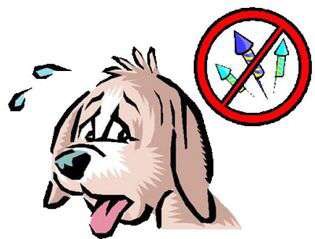
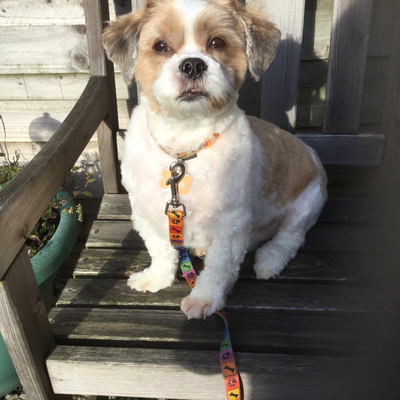

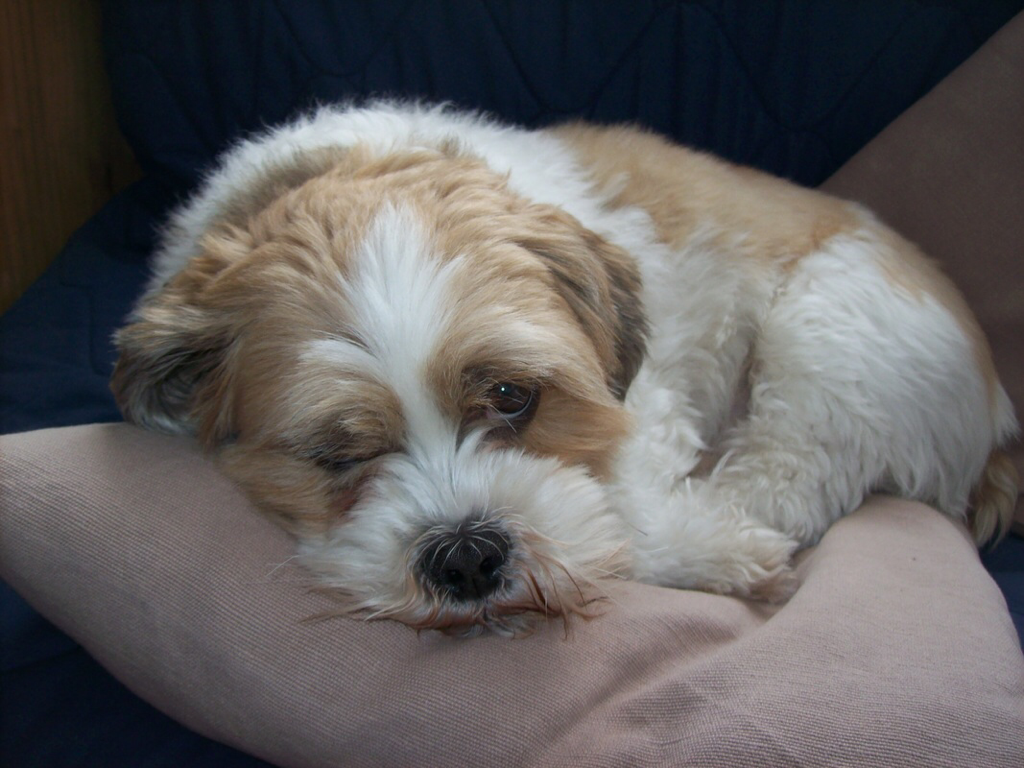

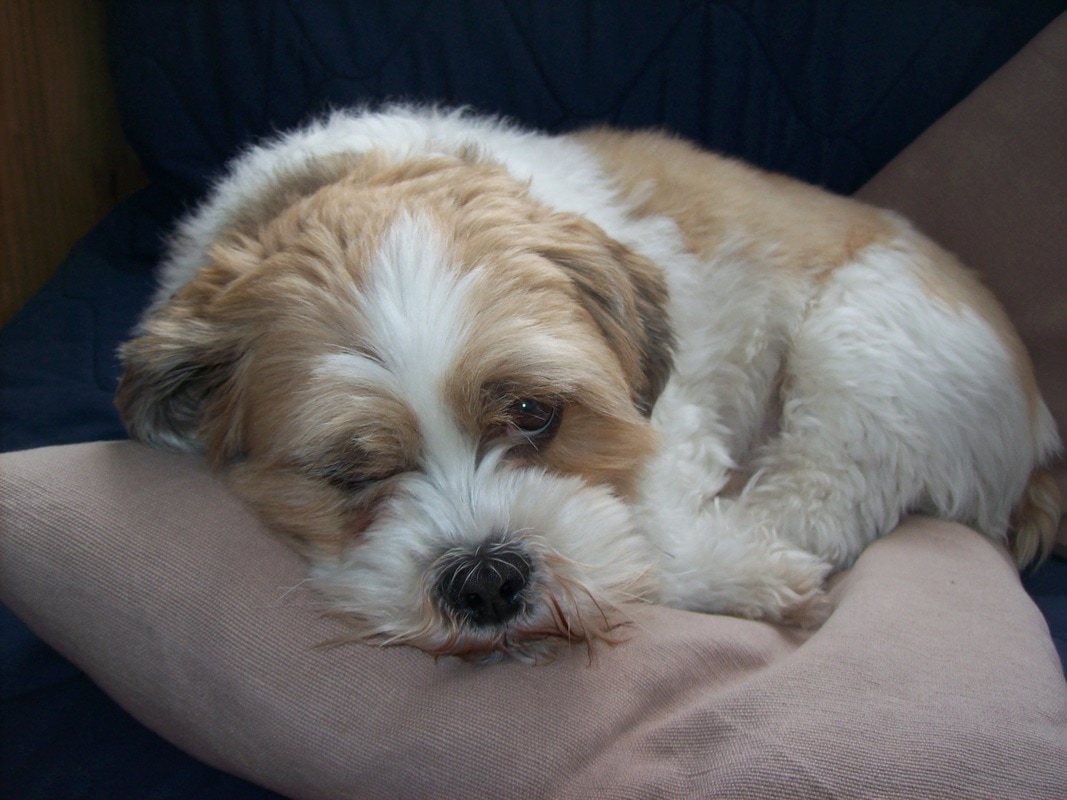

 RSS Feed
RSS Feed

